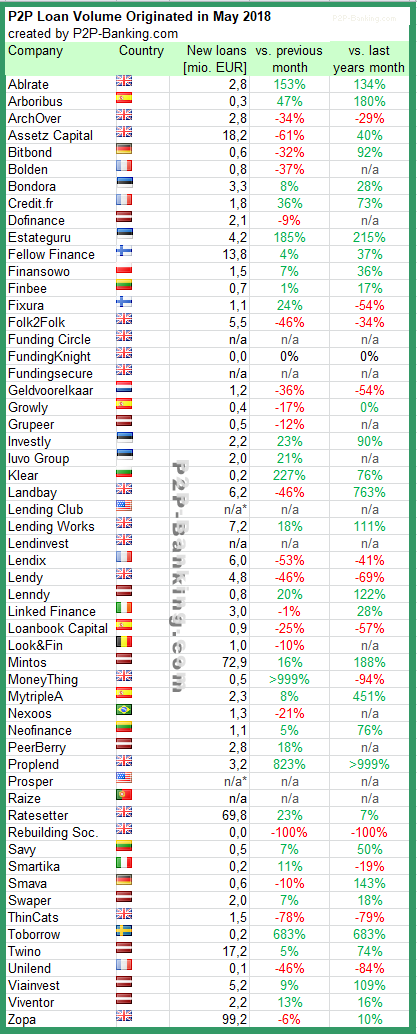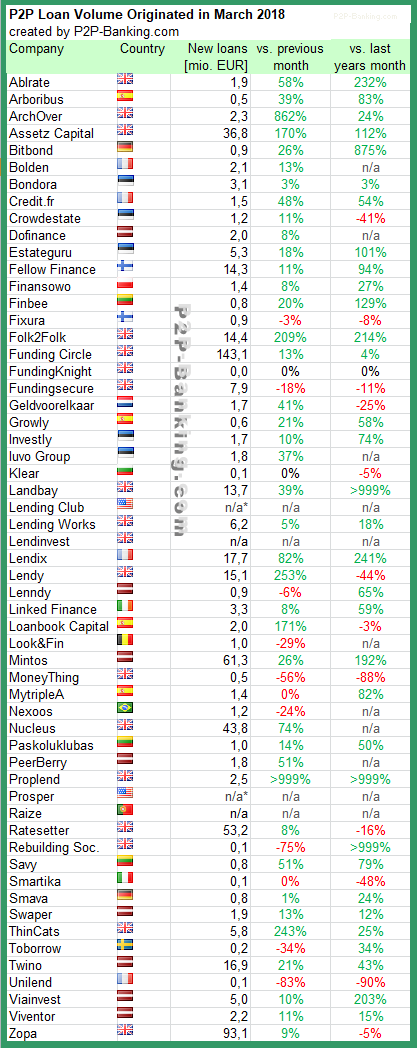BDO has prepared and emailed the Joint Adminstrators’ Proposal to investors and creditors of the Collateral Companies last night. The report is also available publicly on the BDO website. I have read the whole report. I will not attempt to summarize it, but point out some findings that I find personally really surprising given that Collateral was an operation that managed millions of pounds of client money.
From the outset of the Administrations, we identified that securing the Companies’ electronic records would be critical. Following our initial meeting, the directors advised that all of the Companies’ IT functions and services were outsourced to an IT consultant. Both the directors and … advised that they had no access to the electronic platform, nor any back-up of the data contained within it, and they advised that the electronic platform had been decommissioned during March 2018 due to non-payment of outstanding bills; they did not therefore consider that the Joint Administrators would be able to recover the platform or the underlying data
The company outsourced IT operations, but kept no copies or backups of the data stored. Wow.
BDO did not give up on this, but located the servers and data forensics are working on recovering (part) of the data.
We have since made contact with the third party company holding the servers. Again, following protracted correspondence and with the assistance of our lawyers and my firm’s Forensic Technology team, we have located and secured the actual servers previously used by the Companies. There appears to be a significant volume of data still held on those servers and, as at the date of these proposals, we have taken steps to consolidate the contents of the different servers containing the Companies’ data into a single location (whilst preserving the originals intact). We shortly expect to receive a copy of the data, which we will then interrogate and review to better understand the nature of the data that has been recovered.
Whilst it is not yet clear whether we have retrieved all of the Companies’ electronic data, nor whether it will be possible to restore the electronic platform, the Joint Administrators consider that this represents positive progress.
Given that the allocation of client money to loans and the bookkeeping is a primary tasks of a p2p lending marketplace I am appalled when I read this finding:
… also provided certain key information in relation to the investors and loan book, in the form of two spreadsheets (which I refer to below) and copies of email correspondence between his office and various stakeholders during the period in which he purported to act as administrator. …advised that he held no other books or records, and neither did he have any access to the Companies’ electronic platform, or the data contained within it.
Really? The data was held in two spreadsheets? Excel, maybe?
A last quote (highlighting is mine)
Members of the Joint Administrators’ team attended the Companies’ trading address in Manchester on the afternoon of their appointment. The address is a serviced office space, and the office provider advised that the Companies had vacated the office several months prior to the Joint Administrators’ appointment. There were no assets or books and records remaining at the premises.
Now to the good news. BDO confirmed there is money in the client and office accounts. And the report shows the directors are cooperating with the administrator. The report seems to classify investor’s money as trust assets which would, as I understand it, leave investors in a much better position, than the outcome would have been, if they would have been qualified as pure unsecured creditors.
BDO says it is too early to give a forecast to the outcome, given the circumstances, but asseses:
We would, however, note that, as summarised on the statement of estimated financial position attached at Appendix 2, the estimated claims of creditors exceed the book value of the assets held by the Companies (including trust assets). Therefore, even before taking account of any potential asset write-downs and the costs of the Administrations, it appears likely that not all investors and creditors will recover their entire exposure to the Companies and the Collateral lending platform.
A lot will depend on how much can be retrieved from the outstanding property loans, which will fall due by mid-November 2018 at latest.
There is a lot of investor discussion regarding the report on the P2pindependentforum.
Trying to look at this from a high vantage point:
- In my opinion a lot of the work, time and fees of BDO would have been saved, if the data would have been stored more persistently by Collateral in the first place
- Investors should try to keep some form of offline records. I know depending on platform and number of loans that might be hard and laborous to do, but look at what position the Collateral investors are in now. It is uncertain though if those investors that do have precise records on their loan allocation will be in any way better off than those that do not in the Collateral case
- Investors trust regarding operations stability and bookkeeping of smaller UK platforms (Collateral had 5 employees) may be dealt a blow. It might become more important for smaller UK marketplaces to demonstrate robustness and durability of operations (e.g. through a detailed and transparent documentation of the living will, which is required for fully authorised platforms anyway)
The next steps in the Collateral case are described in the proposals in 15.1. and 15.2 of the report (page 20).





